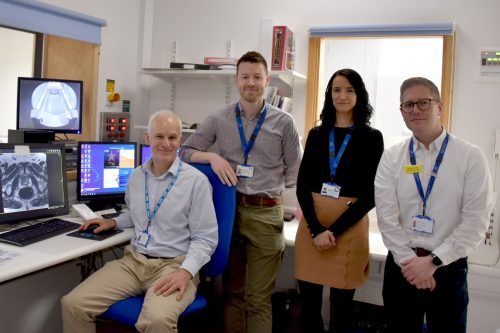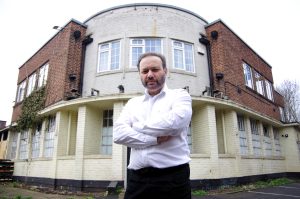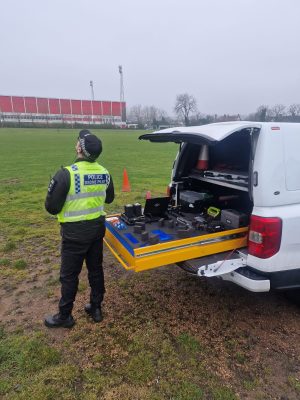Somerset hospitals start using AI tool to help detect prostate cancer

Somerset NHS Foundation Trust has joined forces with technology company, Lucida Medical, to become the first NHS trust in the UK to introduce its AI tool, called Pi, to work alongside teams of radiologists.
With support from charities Macmillan Cancer Support and Prostate Cancer Research, the Pi tool is being introduced at both Yeovil District and Musgrove Park hospitals to assist radiologists in detecting clinically significant prostate cancer, using an AI technique that looks at a prostate MRI scan.
Macmillan estimates that there are more than 500,000 men living with prostate cancer in the UK, but more than 12,000 die in the UK each year.
Dr Paul Burn, a consultant radiologist at Somerset NHS Foundation Trust, said: “The way it works is really simple – within a few minutes of the patient having their MRI scan, the Pi tool displays a number that gives a probability of cancer on the scan. It also shows the exact location of any tumours in the prostate by adding a colour overlay to the scan images.
“Using it, we expect to help relieve pressure within our hospital, by enabling patients to go through the diagnostic pathway more rapidly and reducing diagnostic waiting times. It will also support our clinical departments that have smaller numbers of MRI reporters to manage their workload.
“Our aim is that by using this AI software, we will be able to speed up the process and enable us to prioritise those with cancer.”
Dr Anthony Cunliffe, national lead medical adviser at Macmillan Cancer Support, added: “Our investment in Lucida Medical and its pioneering AI platform, Pi is the latest venture as part of our Innovation Impact Investment Portfolio.
“Pi has the potential to transform how we diagnose and monitor patients with prostate cancer, so we’re thrilled to see this software being put to use in Musgrove Park and Yeovil.”









